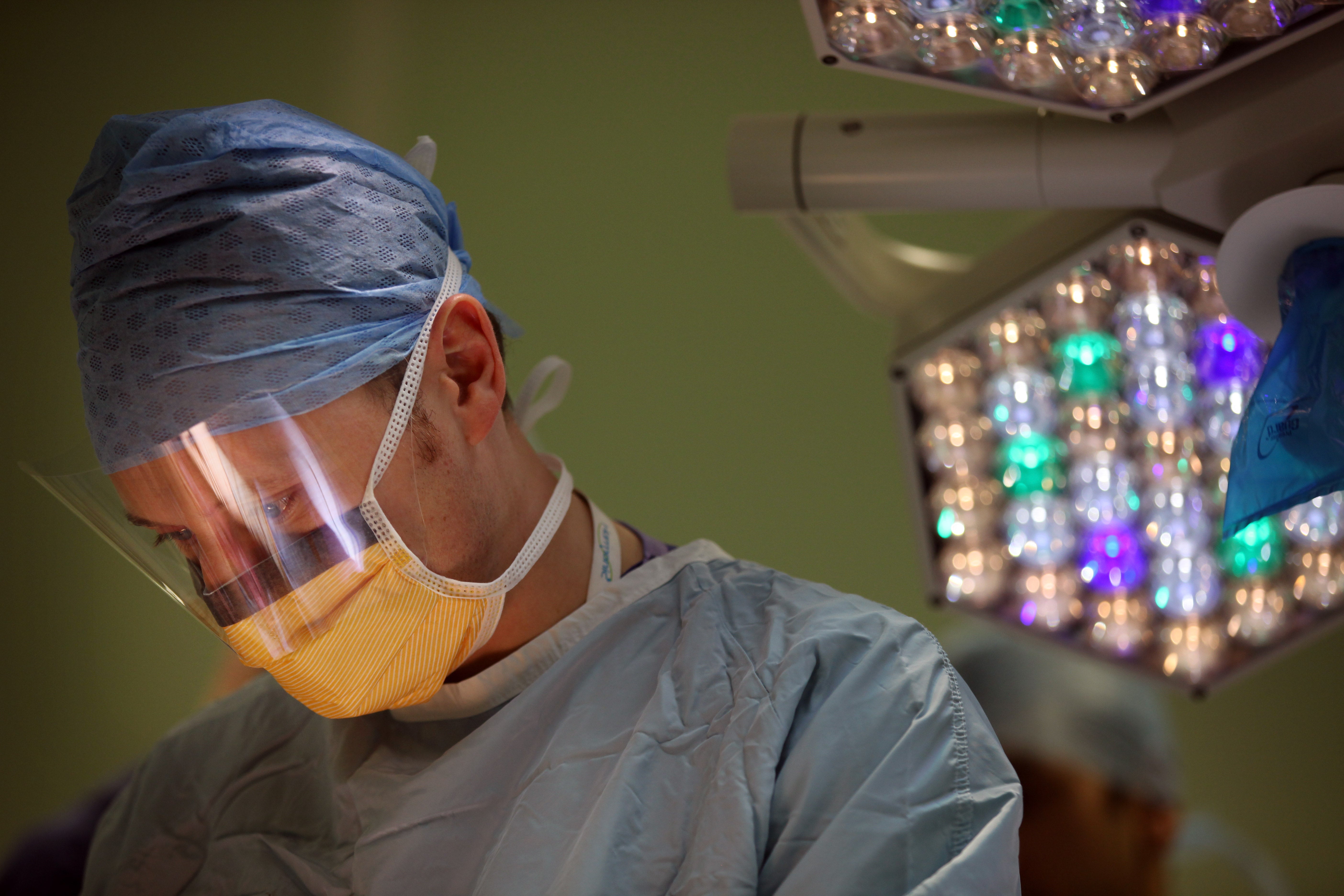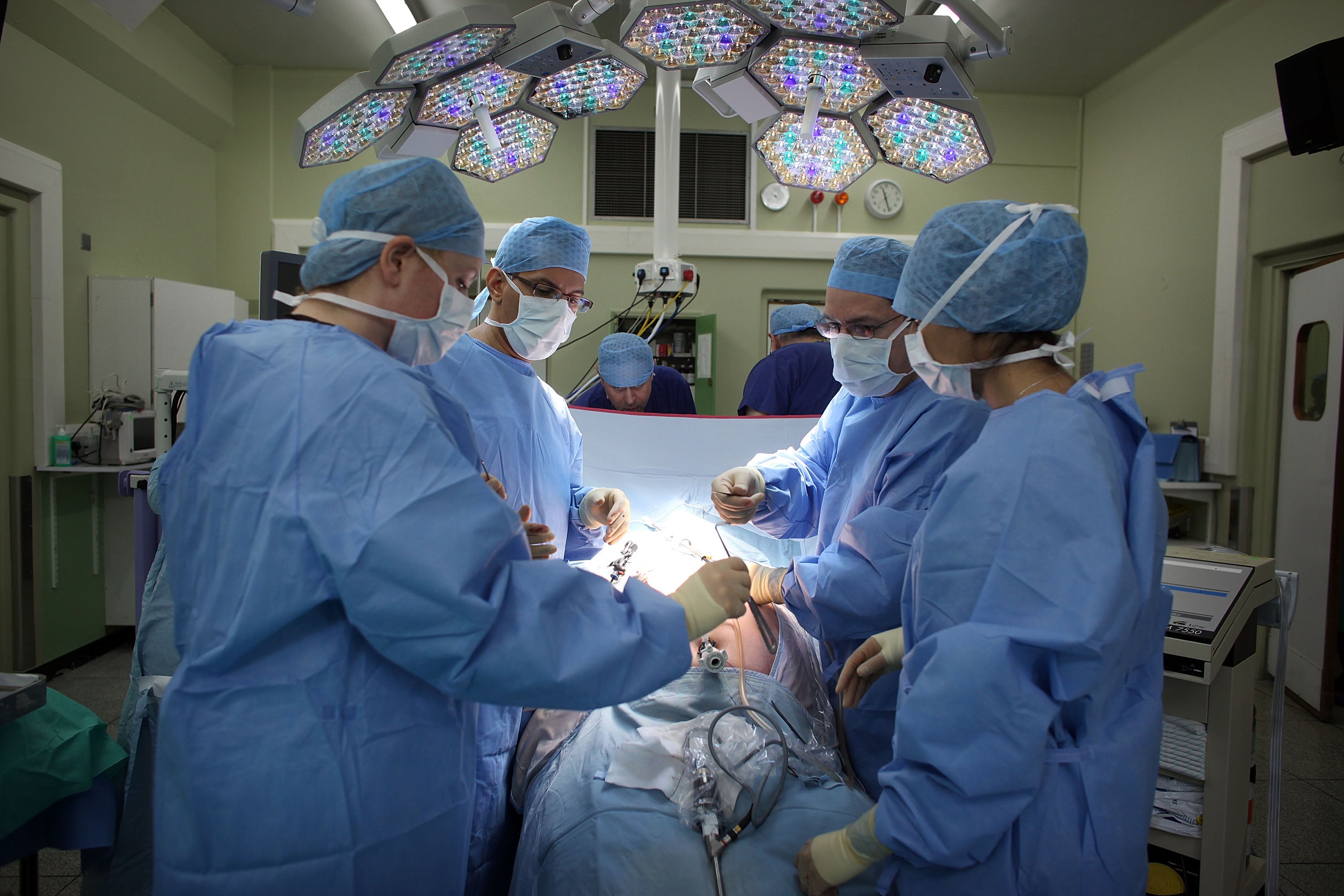Seven-week gap advised between Omicron infection and elective surgery
Advice comes amid growing waiting lists for NHS

Your support helps us to tell the story
From reproductive rights to climate change to Big Tech, The Independent is on the ground when the story is developing. Whether it's investigating the financials of Elon Musk's pro-Trump PAC or producing our latest documentary, 'The A Word', which shines a light on the American women fighting for reproductive rights, we know how important it is to parse out the facts from the messaging.
At such a critical moment in US history, we need reporters on the ground. Your donation allows us to keep sending journalists to speak to both sides of the story.
The Independent is trusted by Americans across the entire political spectrum. And unlike many other quality news outlets, we choose not to lock Americans out of our reporting and analysis with paywalls. We believe quality journalism should be available to everyone, paid for by those who can afford it.
Your support makes all the difference.Hospitals in the UK are being advised to delay elective surgeries for anyone who has tested positive for the Omicron variant by at least seven weeks.
The recommendation from health experts is a precaution as the first couple months after being infected with Covid is a riskier period and has been linked to poorer post-operative recovery.
The advice was drawn up by surgery and anaesthesia experts including from the Association of Anaesthetists, Royal College of Anaesthetists and Royal College of Surgeons of England. Their recommendations have been published in the Anaesthesia journal.
However, the advice does state the elective surgery may be urgent enough for it to go ahead without the seven-week wait, saying: “Rather than emphasising timing alone, we emphasise combining timing, assessment of risk and shared decision-making.”
Ideally, patients should have also had all of their Covid vaccines prior to an operation.
Previously, guidance on routine operations by the Centre for Perioperative care recommended that elective surgery should not take place within 10 days of a confirmed Covid infection.

Meanwhile, ministers have already voiced concerns that the waiting list for hospital treatment will not start falling for at least two years.
However, despite a backlog of routine operations, experts say that desire to tackle waiting lists must be balanced with delivering the safest care possible.
Currently, six million people, or one in nine, are on NHS waiting lists in England. Of these, around one in 20 have been waiting - for care such as knee and hip surgery - for over a year.
Join our commenting forum
Join thought-provoking conversations, follow other Independent readers and see their replies
0Comments